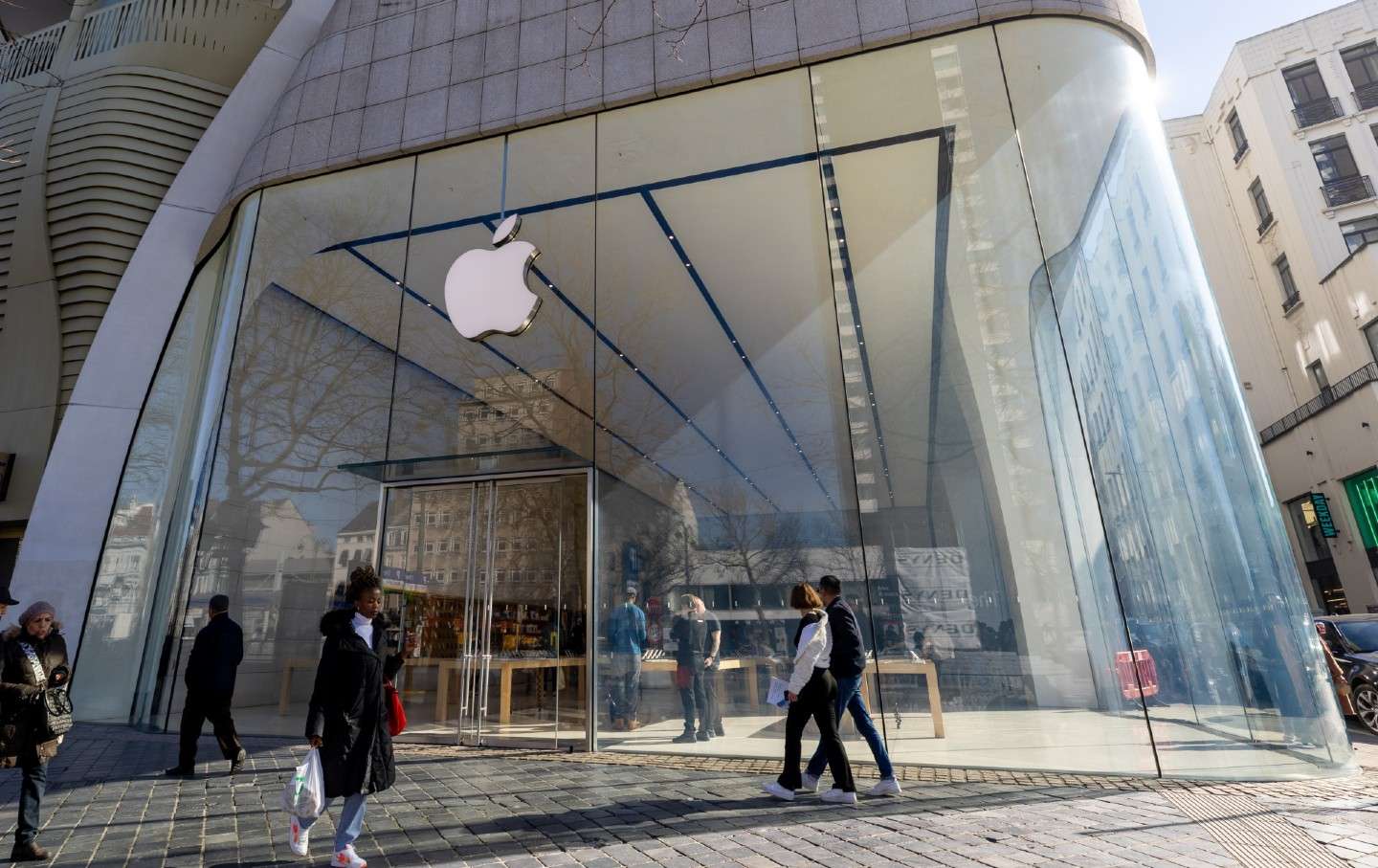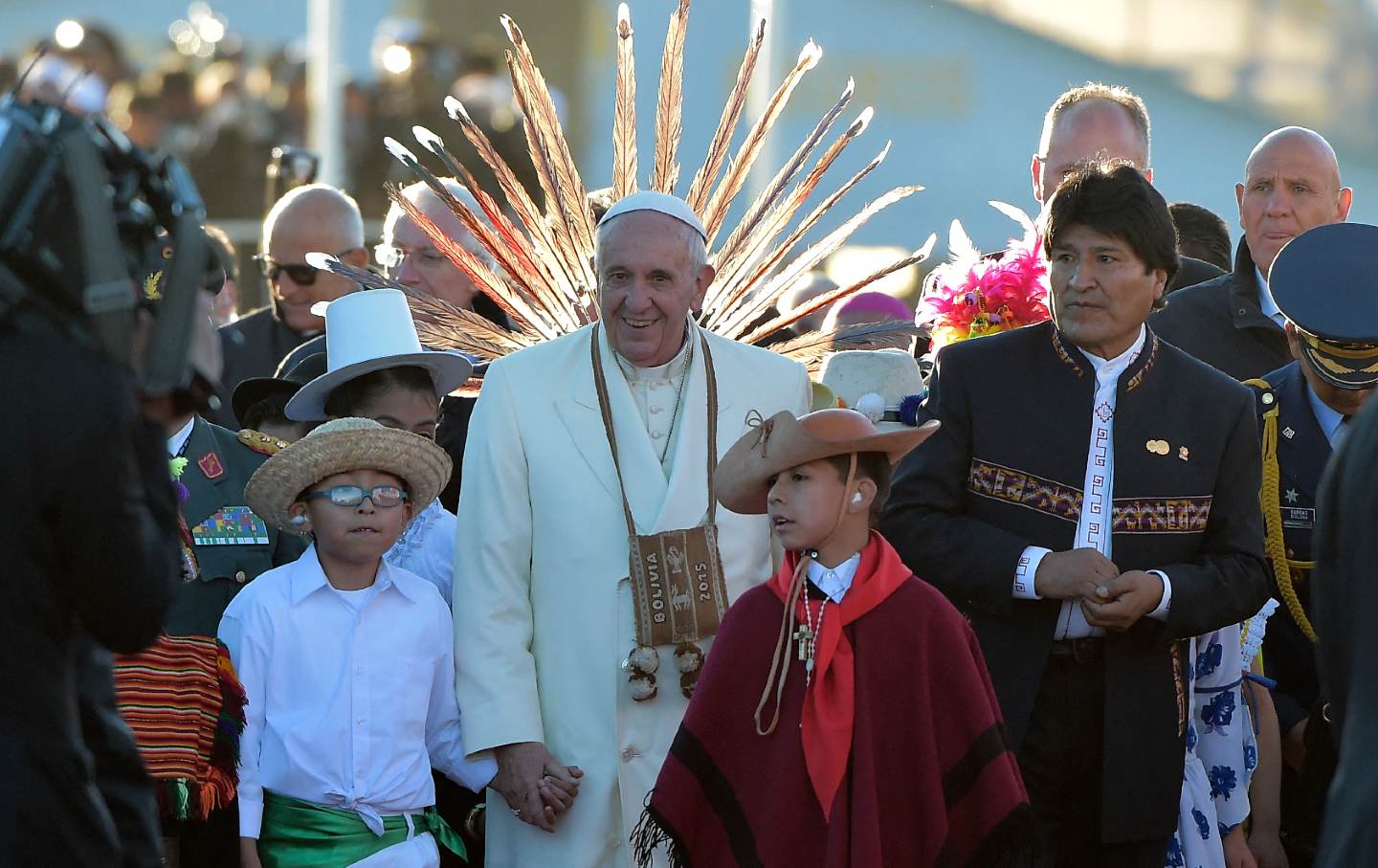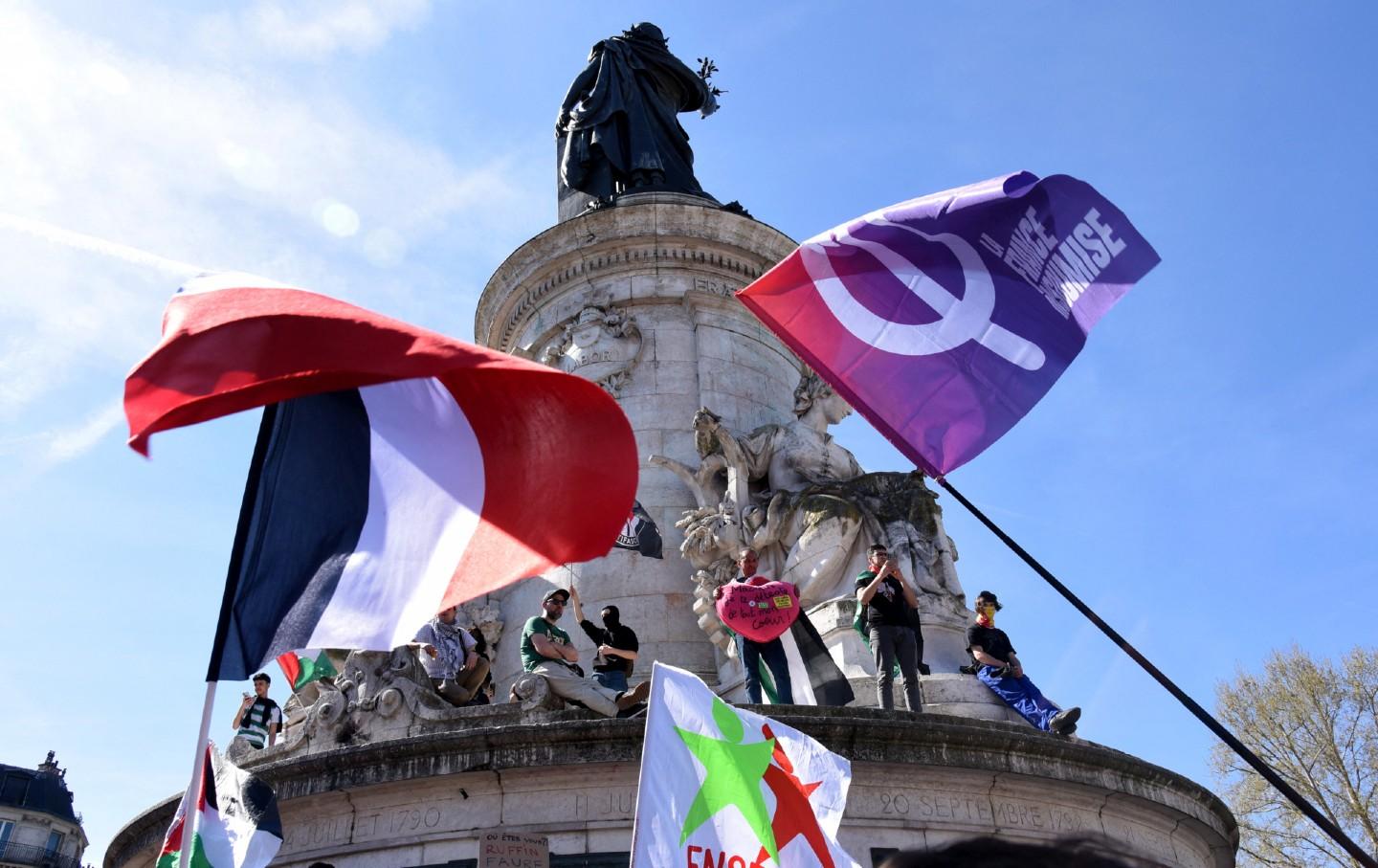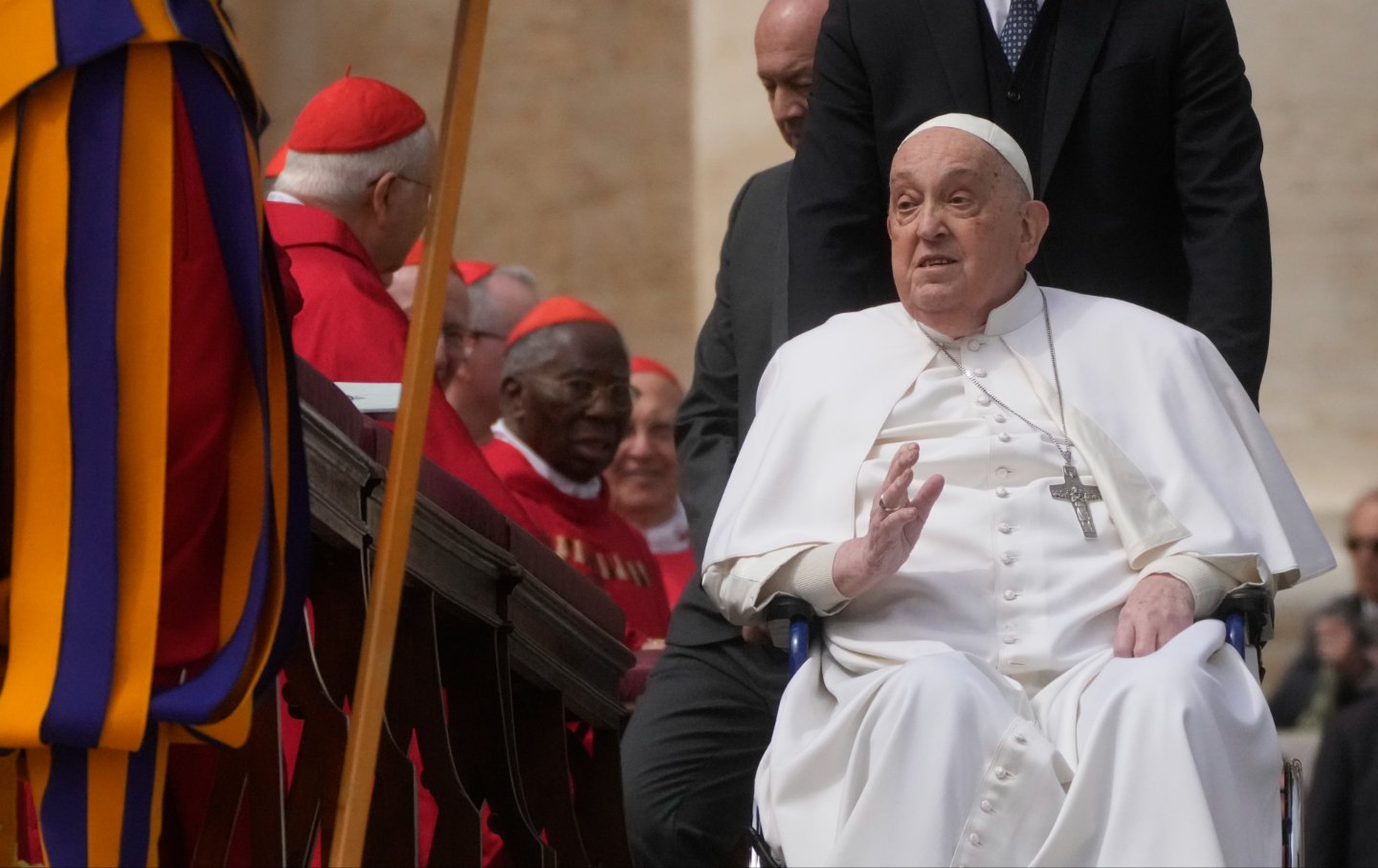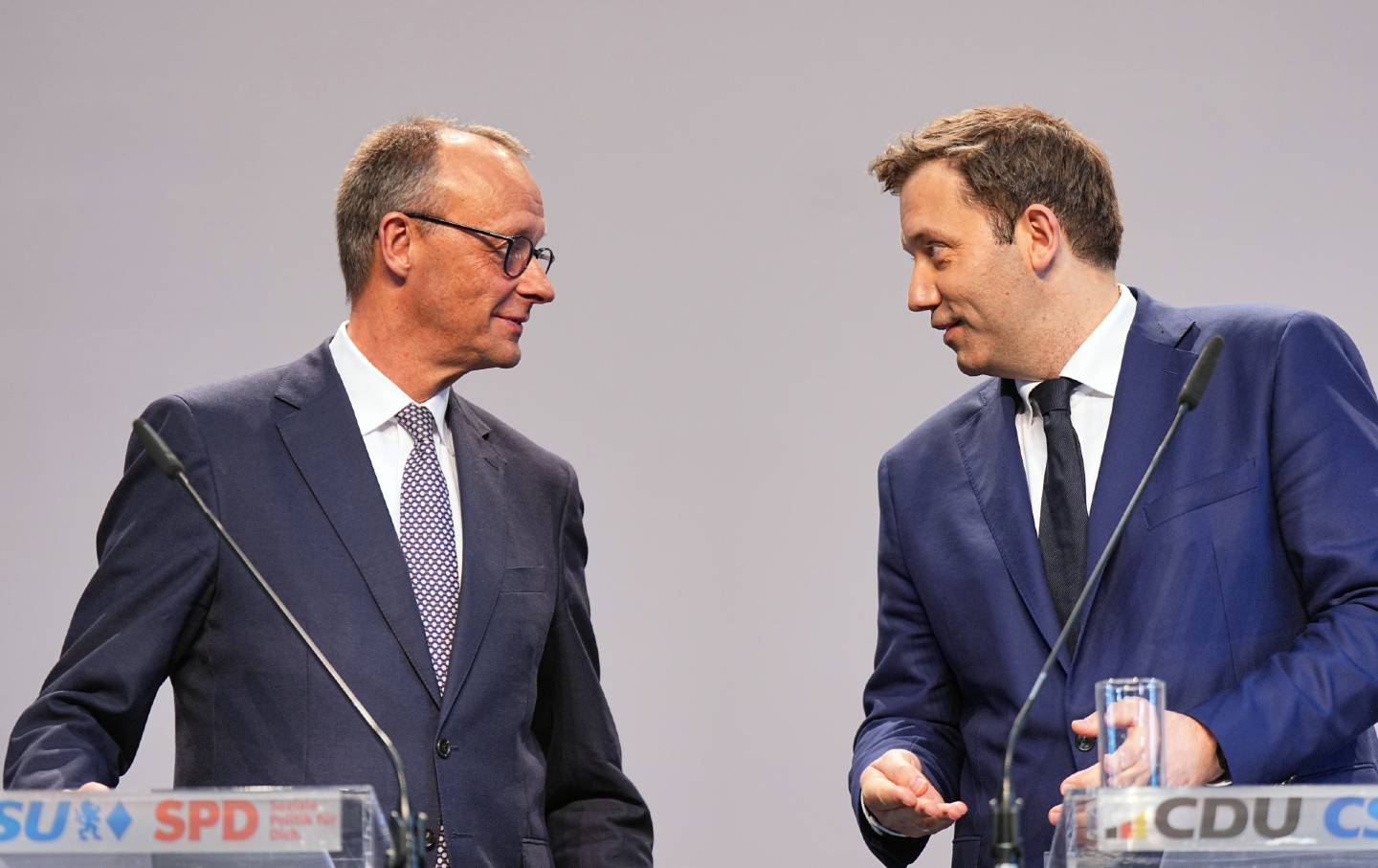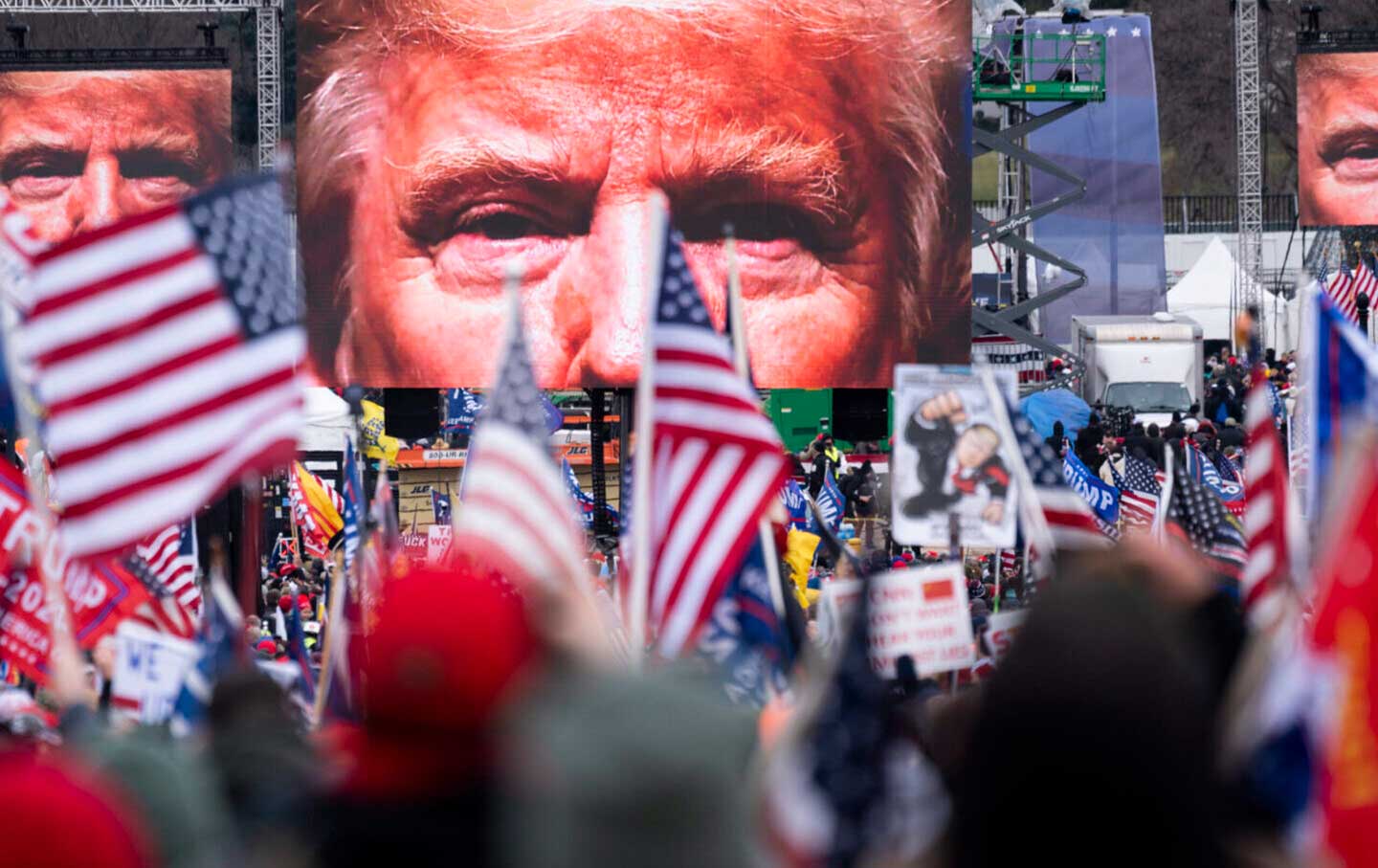The Trump Administration, the Democrats, and the Ukraine Peace Process
The challenges ahead.
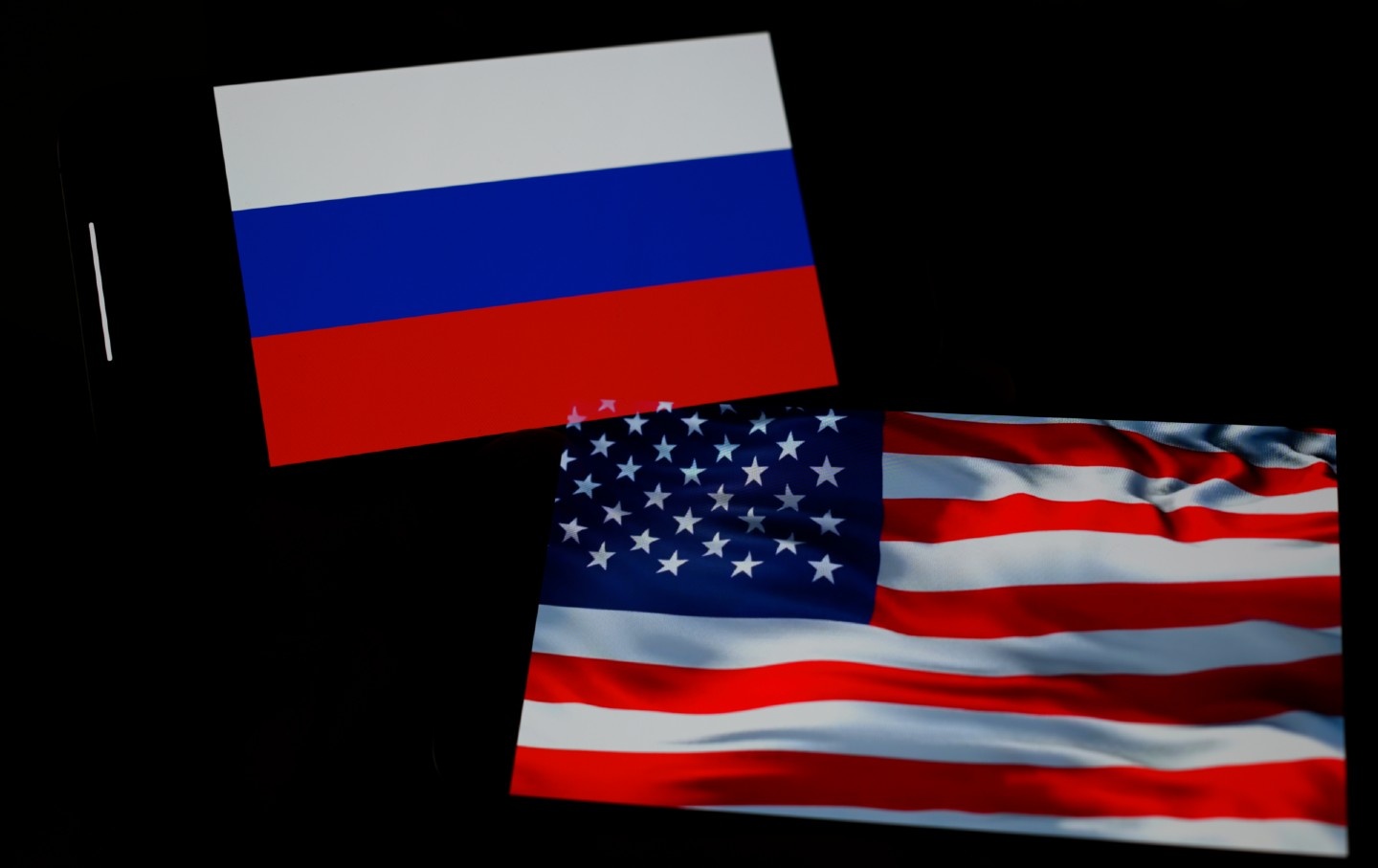
The Trump administration has made a sensible initial move in the Ukraine peace process. It has long been clear that since Russia holds the upper hand in the war, it would only enter serious talks if its most basic conditions are met. In his speech in Munich, Defense Secretary Pete Hegseth set those conditions: no NATO membership for Ukraine, no US troops in Ukraine, and no US military guarantee for EU troops in Ukraine.
Hegseth has been blamed (including by some sensible professional diplomats) for allegedly giving away too much in advance. However, so deep is Russian distrust of US promises that only a clear public statement was going to open the way to serious talks. And it is important that talks should proceed with all deliberate speed; for time is not on Ukraine’s side. A peace settlement in a year or two years’ time will not produce a better outcome for Ukraine. It could produce a catastrophically worse one. And what is certain—though this seems of remarkably little importance to many Western “humanitarians”—tens or hundreds of thousands more people will have died.
Moreover, Hegseth has only stated publicly what the Biden administration should long have recognized: that since Biden repeatedly declared that he would not send US troops to fight to defend Ukraine, the offer of hypothetical NATO membership was always in effect a lie. Hegseth’s statement that Ukraine could not reconquer its lost territories militarily also simply recognizes a reality that has been obvious to all serious military analysts for more than a year, since the complete failure of the Ukrainian military offensive in 2023.
The Trump administration is also right to exclude the Ukrainians and Europeans from the initial talks—but not from the later ones. There are three reasons why the first rounds of talks should be between the US and Russia. Firstly, the involvement of the Ukrainians and Russians would have been a certain recipe for failure, given the public positions they have adopted and that they would have been obliged to maintain.
Secondly, wider security issues can only be negotiated between Washington and Moscow—as in fact they always were during the Cold War. For example, NATO membership for Ukraine is not up to Ukraine; it is up to the existing members of NATO (every one of whom has a veto), led by the US. Initial steps on arms limitations in Europe and the nature of US military aid to Ukraine are similarly matters in the first instance for Washington.
Finally, accepting a compromise peace is going to be appallingly difficult for President Zelensky. It seems likely that the only way that he will be able to get his own hard-liners to accept one is if he can credibly claim that he has had no choice and role in the matter, that this has been forced on Ukraine by Washington, and he has no realistic choice but to accept. This is where British and European suggestions of support for Ukraine’s war effort without the United States, and European troops to guarantee a ceasefire, are not just foolish and empty but deeply malignant. They make it more difficult for Zelensky to sell a compromise peace to his own people.
Of course, later and different tracks in the negotiations will have to involve the Ukrainians and Europeans. Only the Ukrainians can agree to the terms of a ceasefire on the ground, and on what guarantees of linguistic and cultural rights Ukraine is prepared to guarantee to its Russian minority. The Europeans will be critical to issues of Ukrainian reconstruction, the suspension of certain sanctions against Russia, and the finer points of arms limitations. Above all, any talks on a new security architecture for Europe including Russia will by definition have to involve the Europeans at some point.
The United States has made the first move. The ball is now in Russia’s court. The basic terms of a peace deal are clear: In return for US willingness to accommodate Russia’s wider security concerns (such as US military deployments on Russia’s borders, and the need for genuine consultation about frozen conflicts in Moldova and Georgia), Moscow must compromise on its specific demands to Ukraine. Some of these have been legitimate. Others are completely unacceptable. Among these are Putin’s demand that Ukraine withdraw from the territory it still holds in the four provinces Russia claims to have annexed (including the provincial capitals of Kherson and Zaporizhia), and that Ukraine reduce its armed forces to a level where they could not hope to defend Ukraine.
These are terms that no government in Kyiv can or should accept, and the Trump administration cannot and should not force them to do so. If Moscow insists on them, there will be no peace settlement, and the war will continue. And while this will lead to further Ukrainian losses and withdrawals, and a complete Ukrainian collapse cannot be excluded, the Russian government should not base a maximalist strategy on this hope.
The Russian army is advancing, but only very slowly and with very heavy casualties. At the present rate of advance, it will take the Russians at least another year just to capture the whole of the Donbas, with Zaporizhia and Kherson still in the distance. The Russian army has not even managed fully to reconquer the sliver of Russian territory occupied by the Ukrainians in Kursk. The combination of Ukrainian drones, surveillance, and mines makes it acutely difficult for Russia to accumulate the local mass necessary for a decisive breakthrough. Putin’s refusal to launch large-scale conscription indicates his concern that the Russian people will not accept greater sacrifices for greater victory —least of all if a reasonable peace is on the table.
For the Russians however there is one huge problem about bartering Russian concessions over Ukraine for US concessions on wider security issues. They no longer trust the United States to keep its promises. From their point of view, the three decades since the end of the Cold War have been a long litany of broken US promises, from the expansion of NATO and the refusal to implement the Conventional Forces in Europe Treaty by the Clinton and Bush administrations through George W. Bush’s abrogation of the Anti-Ballistic Missile Treaty to the Obama administration’s failure to implement the Minsk II agreement. As a Russian analyst put it to me, “Where is the guarantee that the Democrats won’t win in 2028 and simply tear up everything that has been agreed?” That is why in talks the Russians can be expected to press for formal treaties ratified by the US Senate.
This confronts the Democratic Party, and US liberals more generally, with a political challenge that in turn reflects a deeper intellectual and moral question. They have spent years denouncing Trump as a “fascist” (though what he has actually turned out to be is something different, the public face of a gang of capitalist oligarchs operating behind a mask of populist rhetoric); but are “fascists” supposed to be peacemakers? And if they are, then where does that leave liberals?
Popular
“swipe left below to view more authors”Swipe →It isn’t just Ukraine. Trump’s “plan” for the “redevelopment” of Gaza is illegal and morally vile; but it was a Democratic administration that for more than a year continued to arm and defend Israel while it carried out a campaign that leading international bodies have described as “genocidal,” and rejected the findings of the International Criminal Court, an institution supposedly at the very core of “liberal internationalism.” I suppose that it is possible that the Trump administration will exceed in hypocrisy and mendacity the public statements of Blinken, Miller, Jean-Pierre, and Kirby on Gaza—but they would have to put some really serious effort into the task. On Iran and China, the Trump administration may make things even worse; but did the Biden administration make them any better?
On US foreign and security policy, the Democrats have a choice of three roads. They can simply acquiesce in the Trump administration’s policies; they can try to outflank them by being even more hawkish, in alliance with the likes of Liz Cheney, the “Blob,” and the neocons; or they can oppose them in the name of peace and international cooperation.
The first is a recipe for irrelevance. The second failed in the last elections, and is unlikely to work in the future, if only because it will encourage the idealistic youth on whom the party depends for so much of its political energy to withdraw into political cynicism and apathy or—as in the 1960s—turn to extremist alternatives. The third would allow the Democrats to build a coherent platform which would enable them to put real content behind two of their supposed priorities: action against climate change and a “foreign policy for the middle classes.” I know which I would choose—but I’m not the Democratic National Committee.
Hold the powerful to account by supporting The Nation
The chaos and cruelty of the Trump administration reaches new lows each week.
Trump’s catastrophic “Liberation Day” has wreaked havoc on the world economy and set up yet another constitutional crisis at home. Plainclothes officers continue to abduct university students off the streets. So-called “enemy aliens” are flown abroad to a mega prison against the orders of the courts. And Signalgate promises to be the first of many incompetence scandals that expose the brutal violence at the core of the American empire.
At a time when elite universities, powerful law firms, and influential media outlets are capitulating to Trump’s intimidation, The Nation is more determined than ever before to hold the powerful to account.
In just the last month, we’ve published reporting on how Trump outsources his mass deportation agenda to other countries, exposed the administration’s appeal to obscure laws to carry out its repressive agenda, and amplified the voices of brave student activists targeted by universities.
We also continue to tell the stories of those who fight back against Trump and Musk, whether on the streets in growing protest movements, in town halls across the country, or in critical state elections—like Wisconsin’s recent state Supreme Court race—that provide a model for resisting Trumpism and prove that Musk can’t buy our democracy.
This is the journalism that matters in 2025. But we can’t do this without you. As a reader-supported publication, we rely on the support of generous donors. Please, help make our essential independent journalism possible with a donation today.
In solidarity,
The Editors
The Nation

